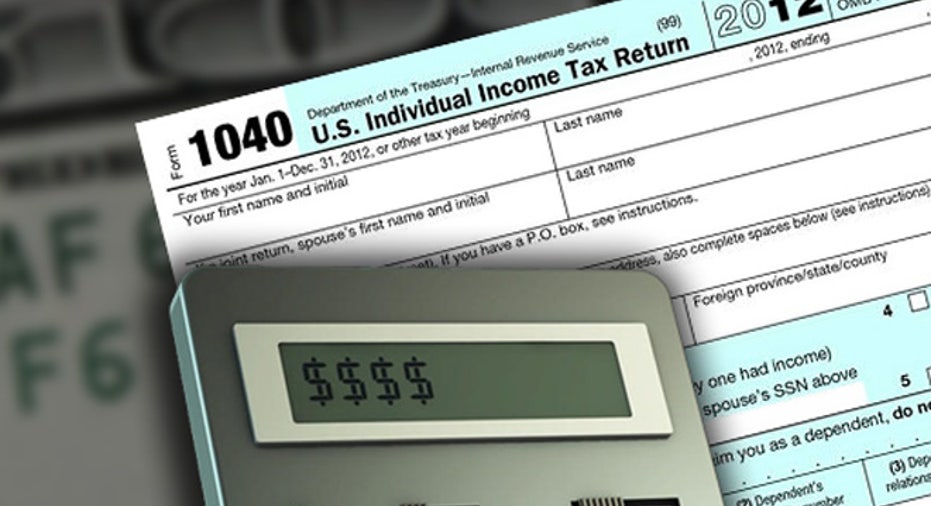Is it Too Late for Tax Planning for 2014?

April 15 is around the corner and perhaps you have already prepared your taxes and are facing a larger tax liability than you had anticipated. You likely feel that it is too late to do anything about it now and for the most part you are correct. Tax planning needs to occur during the year in question in order to optimize your tax situation and be ready for that deadly April 15 deadline.
After all, you can only include deductions for items paid during the year. And now that we’re into 2015, whatever you pay for during this year belongs to your 2015 income tax return – even if the basic transaction occurred during 2014 and wasn’t paid for until 2015. You cannot accrue sums and take them as a write off if you haven’t paid for them yet. For example, you go to the dentist in December 2014 for a root canal. The bill is for $1,500. You don’t pay it until January 2015. Even though you had the work performed in 2014 the sum becomes a medical expense for 2015 because that’s when payment occurred. The exception is if you were to pay the bill using a credit card in December 2014. The IRS considers the bill paid in 2014 even though you haven’t paid a dime on the credit card yet.
It appears that 2014 is wrapped and you’re looking at your tax liability thinking, “It is what it is.” However, the IRS has allowed for one final adjustment that can occur during the current year to benefit your 2014 taxes. And that is a contribution to your retirement plan. ROTH IRA contributions are not deductible. But if you have a traditional IRA, you can contribute $5,500 during 2015 asking your plan administrator to credit the contribution to the 2014 tax year. If you are older than age 50, you may make a catch-up contribution, depositing as much as $6,500.
This doesn’t work if you are 70 ½ or older. You can’t make regular contributions to a traditional IRA in the year you reach 70½ and older. However, you can still contribute to a Roth IRA and make rollover contributions to a Roth or traditional IRA regardless of your age. There again, no deduction is allowed.
If you don’t have an IRA, you are allowed to open one and fund it crediting the contribution to 2014 as long as you do it by the due date of the tax return. Consult with your tax professional about the timing.
If your income was low enough – making less than $60,000 if married filing joint, less than $45,000 if head of household, and less than $30,000 if single, you may qualify to take the Saver’s Credit, which will reduce your tax liability even more. The amount of the credit is 50%, 20% or 10% of your retirement plan or IRA contributions up to $2,000 ($4,000 if married filing jointly), depending on your adjusted gross income (reported on your Form 1040 or 1040A). Check out Retirement Savings Contributions Credit at the IRS website for more information.
Not only will contributing to a retirement plan save you money on taxes, but it will provide a cushion and source of income for your later years.



















